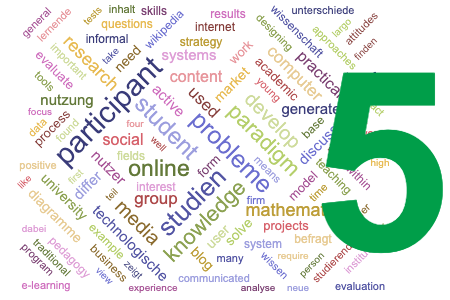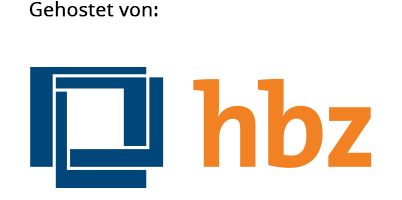Project Report: VITA
Keywords:
Management von verteilten Lehrinhalten, computer aided assessment, computer aided grading, computerunterstützes Bewerten, computerunterstütztes Üben, e-learningAbstract
In traditional recitation arrangements (e.g. manually graded homework and recitation sessions that are aligned with the lecture), students receive their results with some time delay while the lecture venue progresses. An inherent danger is that potential deficits are neither detected nor corrected. For traditional recitations to be effective (foremost to have small sessions) they require personnel, which, particularly for German universities of applied sciences, do not exist. A second problem, which in part occurs due to lack of practice, is, that many students do not review the lectures. Instead, many students attempt to cram the lecture material close to the exams, which, if successful at all, does not lead to long-term mastery of the content. Therefore, base knowledge is missing for subsequent curricular venues, which should have been established in earlier venues.Downloads
Published
2009-04-24
Issue
Section
Project reports



